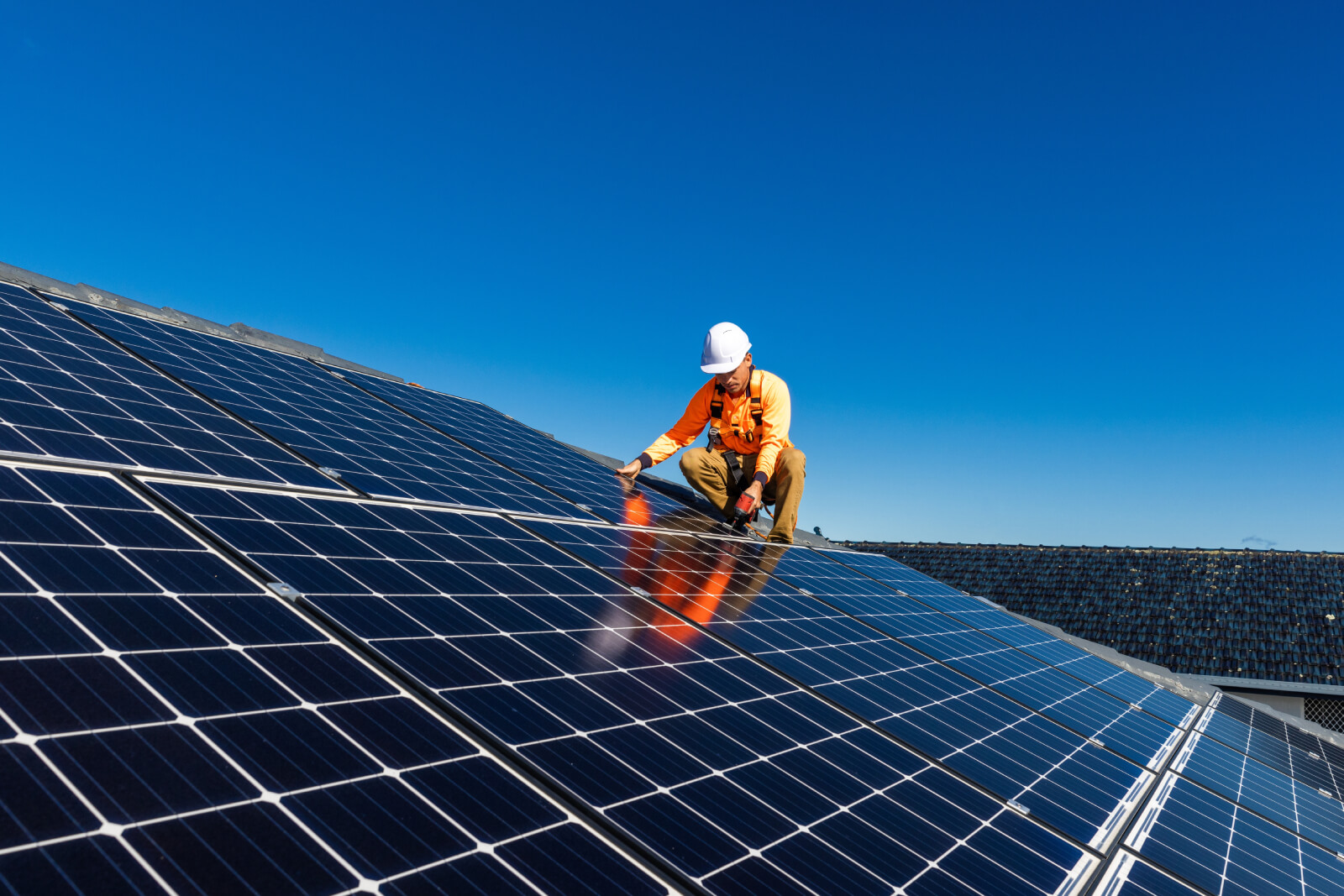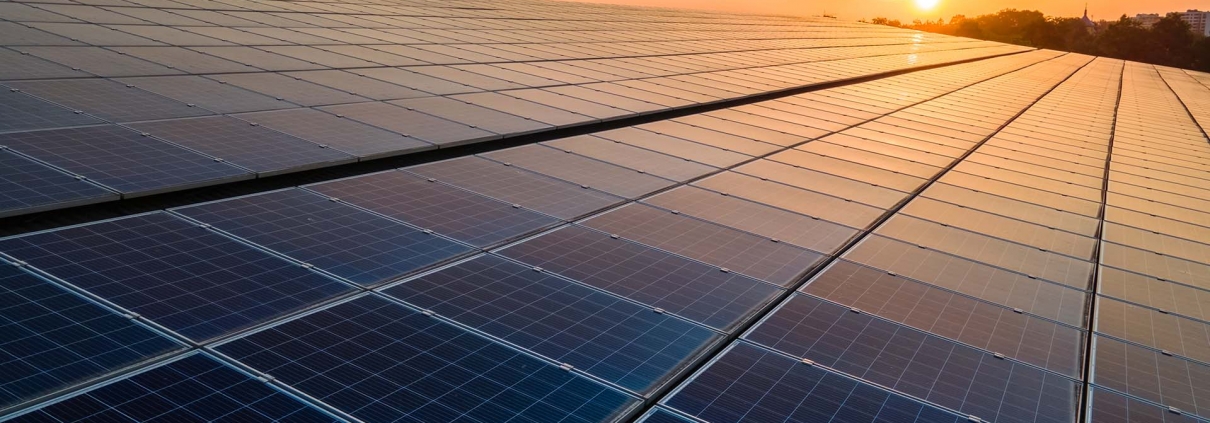Optimize Energy Cost Savings With High-Quality Solar Panels
Making the most of energy savings through the usage of top notch solar panels is a complex approach that needs mindful factor to consider of modern technology, installation, and maintenance. Picking high-efficiency alternatives, such as monocrystalline panels, can dramatically enhance electrical power generation, while sturdiness and guarantee terms play an essential duty in lasting economic feasibility.
Advantages of Solar Energy
The advantages of solar energy are various and substantial, making it an increasingly attractive alternative for both residential and industrial applications. One of the key benefits is its possible to minimize electrical power bills. By utilizing sunlight, homeowner can create their own power, lowering reliance on traditional utility resources and ultimately bring about significant financial savings.
An additional vital benefit is ecological sustainability. Solar power is a clean, renewable energy that assists to mitigate greenhouse gas discharges, contributing to a reduction in air pollution and environment adjustment. This lines up with global efforts to transition in the direction of even more lasting power options.
Furthermore, solar power systems can increase residential property value. Houses and services furnished with photovoltaic panels frequently have greater resale worths, interesting environmentally-conscious purchasers and investors. Additionally, federal government rewards, such as tax obligation credit scores and rebates, can offset installment expenses, making solar power even much more financially practical.
Last but not least, solar technology promotes power independence. By spending in solar power, individuals and organizations can reduce their vulnerability to fluctuating power prices and supply disruptions, promoting better control over their power sources. Jointly, these advantages emphasize the compelling factors to take into consideration solar power services.
Choosing the Right Solar Panels
Selecting the right solar panels is a critical action in maximizing the performance and advantages of a solar power system. When evaluating photovoltaic panels, a number of factors should be considered to guarantee ideal efficiency and long-term cost savings.
First, assess the panel's performance score, which indicates exactly how properly it converts sunlight right into electrical power. Higher performance panels may have a greater in advance expense however can generate more energy in limited room. Next off, take a look at the warranty offered by the manufacturer; a much longer warranty usually mirrors a higher level of self-confidence in the product's resilience and performance.
Furthermore, consider the kind of photovoltaic panel innovation. Monocrystalline panels are understood for their high effectiveness and space-saving style, while polycrystalline panels tend to be extra economical however somewhat much less reliable. Bifacial panels, which capture sunshine from both sides, are additionally acquiring appeal for their possible to boost energy result.
Finally, carry out a complete review of independent efficiency rankings and consumer evaluations to determine dependability and fulfillment. By thoroughly taking into consideration these elements, home owners can make informed selections that straighten with their power needs and economic goals, inevitably improving the roi for their solar power systems.
Understanding Installment Costs
Comprehending the prices associated with setting up solar panels is vital for house owners wanting to purchase renewable power. The total setup cost can vary considerably based on several aspects, consisting of system size, panel type, installment complexity, and geographical place.
Typically, the cost is relied on a per-watt basis, with ordinary rates varying from $2.50 to $3.50 per watt prior go to any rewards. A typical domestic system may set you back between $15,000 and $25,000, depending upon power needs and the chosen parts.
In enhancement to the panels themselves, home owners ought to think about costs associated with inverters, mounting hardware, and electric upgrades. Labor costs likewise play an important function, as expert installation ensures conformity with security requirements and neighborhood guidelines.

Inevitably, comprehending these installation prices and possible financial benefits is important for homeowners to make informed decisions regarding transitioning to solar power.

Maintenance for Long-Term Financial Savings
Keeping solar panels is essential for taking full advantage of long-lasting energy cost savings and guaranteeing the system operates at peak effectiveness. Regular upkeep includes a number of essential techniques that can considerably enhance the longevity and efficiency of solar installations.
First, regular inspections should be performed to recognize any physical damages or wear, such as cracks or loosened links. Cleaning up the panels is likewise essential, as dust, dust, and debris can block sunshine, minimizing power outcome (Solar Panels). It is advisable to clean up the panels a minimum of two times a year, or extra often in locations with high degrees of dust or contamination
Furthermore, keeping track of the system's performance via a tracking software program can provide real-time data on power manufacturing and alert homeowners to any anomalies. This aggressive approach enables timely repairs, decreasing downtime and keeping ideal energy generation.
Environmental Effect of Solar Power
The ecological impact of solar power expands far past its instant advantages of lowering electrical energy bills and dependence on fossil gas. By taking advantage of sunlight, solar energy significantly reduces greenhouse gas exhausts, thereby minimizing climate adjustment. Unlike traditional energy resources such as coal or all-natural gas, solar power generation does not produce air contaminants, adding to boosted air high quality and public health.
In addition, solar power promotes biodiversity by lowering the requirement for nonrenewable fuel source removal, which commonly interferes with communities and habitats. By transitioning to sustainable power resources, we can maintain all-natural landscapes and protect endangered types from habitat loss.
The life process of solar panels also offers a reduced ecological impact compared to traditional power resources - Solar Panels. visit their website While manufacturing photovoltaic panels entails some source use and discharges, improvements in innovation and reusing processes are constantly decreasing these effects. Additionally, the long-term helpful site advantages of solar power-- such as lowered reliance on limited sources-- far exceed these initial prices
Verdict
In recap, the adoption of high-quality solar panels offers significant possibilities for energy savings and ecological advantages. By choosing proper modern technologies, such as monocrystalline panels, and guaranteeing effective setup, home owners can maximize power generation in limited areas. Furthermore, recognizing installation expenses and maintenance needs even more adds to lasting cost savings. The calculated placement of photovoltaic panel options with power demands and federal government incentives improves return on investment, promoting sustainability and minimizing reliance on standard power resources.